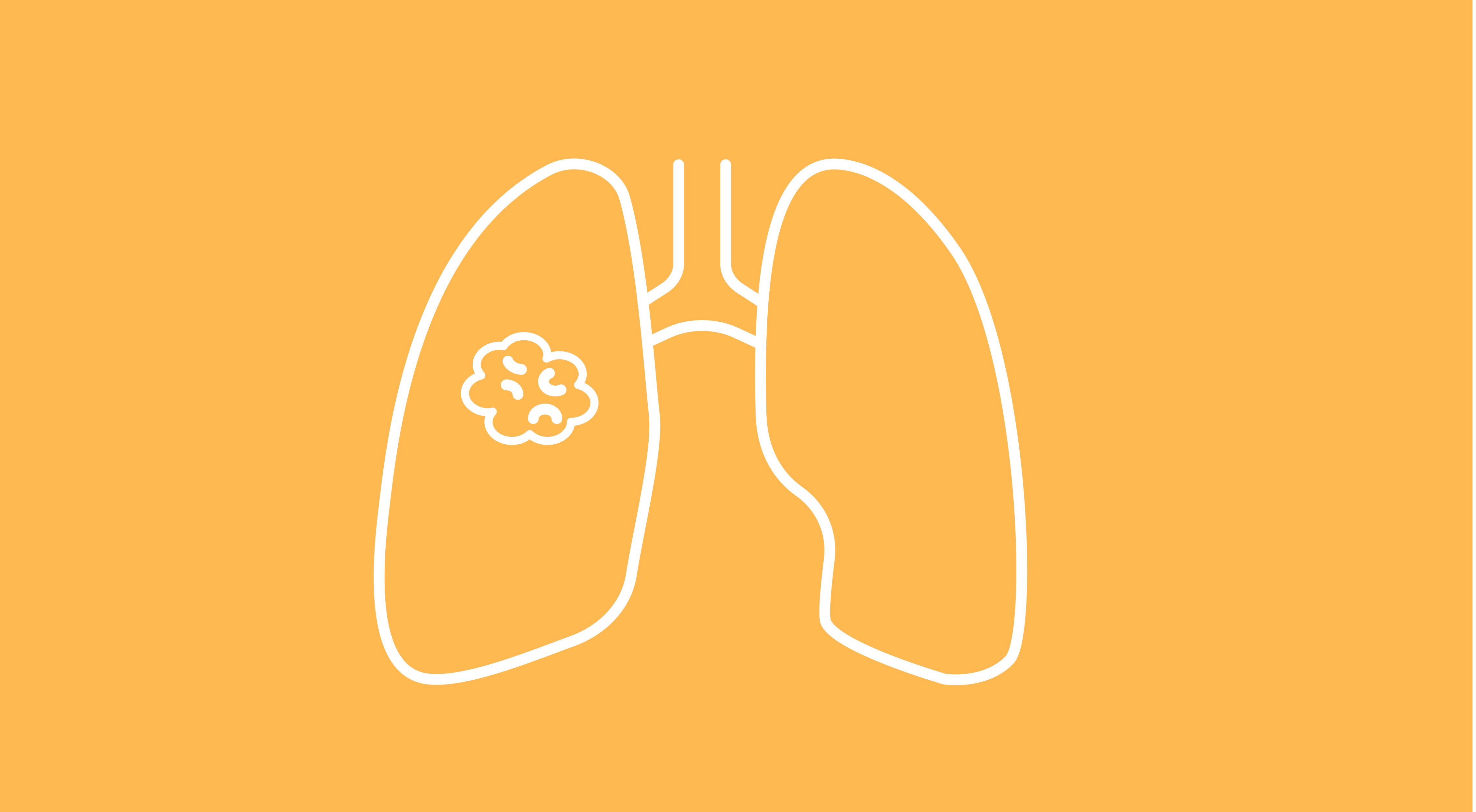Frontline Sugemalimab/Chemotherapy Improves Progression-Free and Overall Survival in Stage IV NSCLC
The investigator-assessed progression-free survival was 9.0 months with sugemalimab plus chemotherapy arm vs 4.9 months with placebo plus chemotherapy.
Frontline Sugemalimab/Chemotherapy Improves Progression-Free and Overall Survival in Stage IV NSCLC

Frontline treatment with sugemalimab plus chemotherapy led to statistically significant improvements in progression-free survival (PFS) and overall survival (OS) among patients with stage IV non–small cell lung cancer (NSCLC), according to data from the phase 3 GEMSTONE-302 (NCT03789604) trial. The findings, which were published in Nature Cancer, showed that the improvement over placebo plus chemotherapy was consistent across PD-L1 expression level tumor pathological type.
Data from an interim survival analysis of the study demonstrated that the investigator-assessed PFS was 9.0 months (95% CI, 7.4-10.9) in the sugemalimab plus chemotherapy arm (n = 320) vs 4.9 months (95% CI, 4.8-5.2) in the placebo plus chemotherapy arm (n = 159; P < .0001). Patients whose tumors had a PD-L1 expression of at least 1% experienced a significantly longer PFS in the investigative arm compared with the placebo arm, at 10.9 months (95% CI, 8.9-11.8) vs 4.9 months (95% CI, 4.7-5.9), respectively (HR, 0.48; 95% CI, 0.36-0.6; P < .0001). A PFS benefit (7.4 months vs 4.9 months) was also observed with sugemalimab for those with a PD-L1 expression of less than 1% (HR, 0.57; 95% CI, 0.41-0.78; P = .0005).
At the November 22, 2021, data cutoff, the median OS was 25.4 months (95% CI, 20.1-not reached [NR]) in the sugemalimab arm compared with 16.9 months (95% CI, 12.8-20.7) in the placebo arm (HR, 0.65; 95% CI, 0.50-0.84; P = .0008). Forty-nine percent and 61% of patients died, respectively. Patients with stable brain metastases experienced a median OS of 22.1 months vs 9.0 months in the sugemalimab and placebo arms, respectively (HR, 0.45; 95% CI, 0.23-0.88).
Additionally, patients in the sugemalimab group experienced an objective response rate of 63.4% (95% CI, 57.9%-68.7%) vs 40.3% (95% CI, 32.6%-48.3%) in the placebo group (P < .0001). The median duration of response was 9.9 months (95% CI, 8.6-13.2) vs 4.4 months (95% CI, 3.5-6.1), respectively.
Sugemalimab plus chemotherapy is currently approved in China as first-line treatment for patients with metastatic nonsquamous NSCLC with no aberrations in the genes encoding EGFR or ALK, and for patients with metastatic squamous NSCLC, based on previously reported PFS data from GEMSTONE-302.
In the pivotal trial, patients received sugemalimab at a dose of 1200 mg or placebo every 3 weeks in combination with carboplatin and pemetrexed (Alimta) for up to 4 cycles, followed by maintenance therapy with pemetrexed and sugemalimab or placebo. Most patients in the investigative (80.3%) and placebo arms (78.0%) completed 4 cycles of platinum-based chemotherapy.
Patients in the sugemalimab and placebo arms had a median age of 62 years (range, 29-75) vs 64 years (range, 36-75), respectively, and were mostly males (79.4% vs 81.1%), current/former smokers (72.5% vs 74.8%), had an ECOG performance score of 1 (81.6% vs 84.3%), and had nonsquamous tumors (59.7% vs 60.4%). PD-L1 expression levels were less than 1% (38.8% vs 40.3%), 1% or greater (61.3% vs 59.7%), between 1% and 49% (28.8% vs 30.2%), or 50% or greater (32.5% vs 29.6%).
At the data cutoff, 14.1% vs 3.8% of patients remained on treatment for at least 2 years in the sugemalimab and placebo arms, respectively, with a median treatment duration of 27.3 months (interquartile range, 25.2-29.3) for those in the sugemalimab arm; 91.1% of patients had a partial response, with the remainder experiencing stable disease. After reaching 2 years on treatment, 4 patients discontinued with 2 discontinuing because of radiographic disease progression. Additionally, 49.1% of patients in the investigative arm and 65.4% in the control arm received subsequent anticancer therapy.
A total of 45 patients crossed over to receive the anti-PD-L1 monoclonal antibody after experiencing disease progression on placebo. After a median follow-up of 17.5 months, patients achieved a median PFS of 4.1 months (95% CI, 2.1-5.8) and median OS of 14.4 months (95% CI, 10.4-18.7) from the start of crossover. The median duration of response for patients who experienced a confirmed objective response (11.1%) was 10.4 months (95% CI, 3.5-NR).
When adjusted for protocol-specified treatment crossover, the overall population experienced an OS HR of 0.59 (95% CI, 0.45-0.77). Benefit was also observed in subgroups of patients with nonsquamous (HR, 0.68; 95% CI, 0.48-0.99) and squamous NSCLC (HR, 0.49; 95% CI, 0.31-0.73).
Regarding safety, treatment-related adverse effects (AEs) occurred in 82.5% of the sugemalimab arm vs 64.8% of the placebo arm. Grade 3 or higher AEs were seen in 64.7% vs 62.3% of patients, respectively, and 34.4% vs 30.8% experienced serious AEs, respectively. AEs led to treatment discontinuation in 14.1% vs 7.5%, respectively, and death in 6.3% vs 5.7%, respectively.
The most common any-grade treatment-related AEs included anemia (28.8% vs 20.8%), aspartate aminotransferase increase (26.3% vs 16.4%), alanine aminotransferase increase (25.0% vs 18.2%), neutrophil count decrease (17.5% vs 20.1%), white blood cell count decrease (16.6% vs 16.4%), and rash (14.4% vs 6.9%).
Investigators noted that additional studies are needed to further evaluate the benefits of immunotherapy in patients with untreated brain metastases as patients in GEMSTONE-302 with brain metastases previously received local therapy. Limitations of the study also included lack of a predictive biomarker analysis. Investigators concluded that further studies are needed to evaluate whether sugemalimab provides superior or equal benefit to other PD-1 antibodies when combined with chemotherapy in this patient population.
Reference
Zhou C, Wang Z, Sun M, et al. Interim survival analysis of the randomized phase III GEMSTONE-302 trial: sugemalimab or placebo plus chemotherapy as first-line treatment for metastatic NSCLC. Nat Cancer. 2023;(4):860-871. doi:10.1038/s43018-023-00578-z



